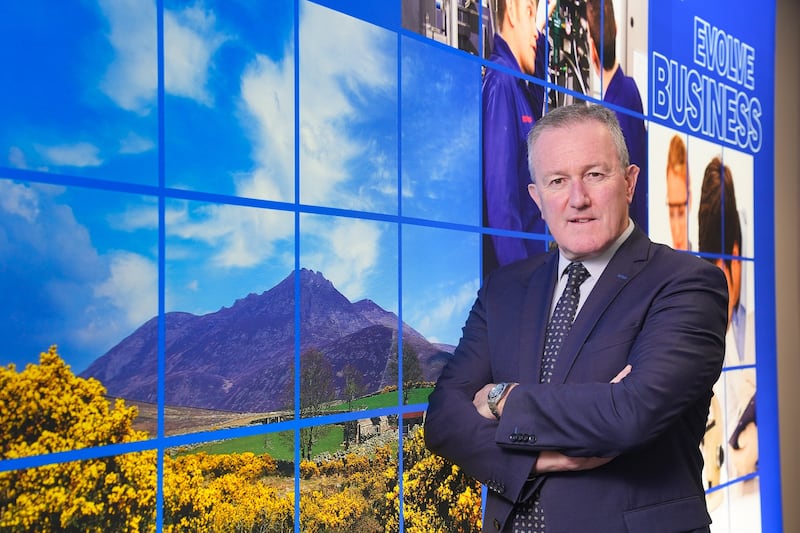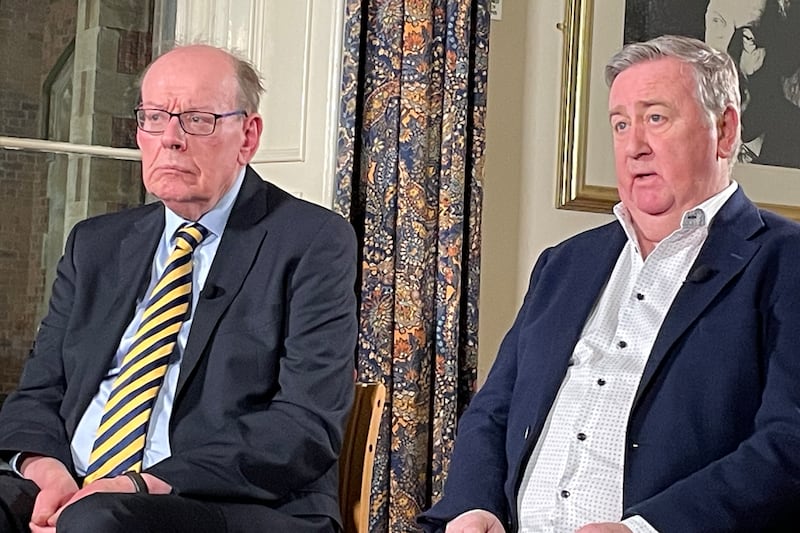The extent of gender bias against women working in cancer research across Europe has been exposed in new research jointly led by Queen’s University academics.
The All-Island e-Health Hub for Cancer – a cross-border research programme involving Queen’s University Belfast and the University of Limerick – spearheaded the new study, the findings of which were published yesterday in the European Journal of Cancer.
Others to take part in the study included researchers from King’s College London, Ghent University in Belgium, and the European Cancer Organisation.
The study found that despite an increase in female participation in cancer research across the continent between 2009 and 2019, leadership by women in research has remained relatively low.
The research suggests the availability and affordability of childcare heavily influences female participation in research.
QUB’s Professor Mark Lawler, the lead author of the study, said: “Results for a number of countries that are significant powerhouses for cancer research in Europe were particularly disappointing.
Read more:
- Good Friday Agreement boost helped save 'thousands of lives' through cancer research
- Scientists discover a new way to help prevent breast cancer ‘time bomb'
- Scientists hope radiotherapy breakthroughs will transform cancer treatment
“While the UK’s overall female participation was 45%, that percentage dropped to 33% for female cancer research leadership. Results for Germany and Switzerland were even worse, only achieving 25% for female cancer research leadership.”
Professor Lawlor said the findings “clearly show that female cancer researchers are more likely to be in leadership positions in Ireland when compared to their counterparts in the UK”.
He added: “Gender inequality is a significant problem for female cancer research leaders in Europe. We must act quickly and decisively to reverse this injustice.”
Aedin Culhane, a Professor of Cancer Genomics at University of Limerick and Co-Lead of the All-Island e-Health Hub for Cancer, said: “This is an extremely important piece of work.
“These data highlight the need for action, and the importance of programmes like the Senior Academic Leadership Initiative, which is accelerating progress in achieving gender balance at the senior academic level in higher education in the Republic of Ireland.”






